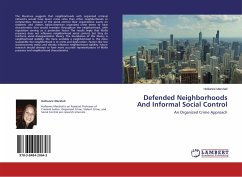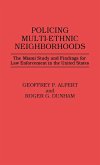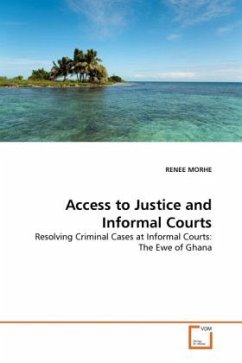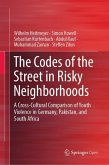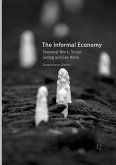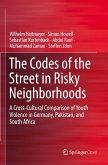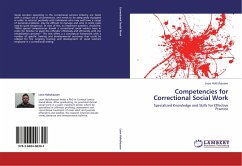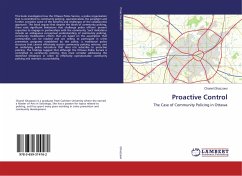The literature suggests that neighborhoods with organized criminal networks would have lower crime rates than other neighborhoods or communities, because of the social control their organization exerts on residents and visitors. Italian-American organized crime seems to have characteristics that would translate throughout the neighborhood, with reputation serving as a protective factor. The results imply that Mafia presence does not influence neighborhood social control, but they do reinforce social disorganization theory. The foundation of this theory is neighborhood stability; the more unstable a neighborhood is, the more susceptible the neighborhood is to crime and dysfunction. Factors like low socioeconomic status and density influence neighborhood stability. Future research should attempt to have more accurate representations of Mafia presence and neighborhood characteristics.
Bitte wählen Sie Ihr Anliegen aus.
Rechnungen
Retourenschein anfordern
Bestellstatus
Storno

